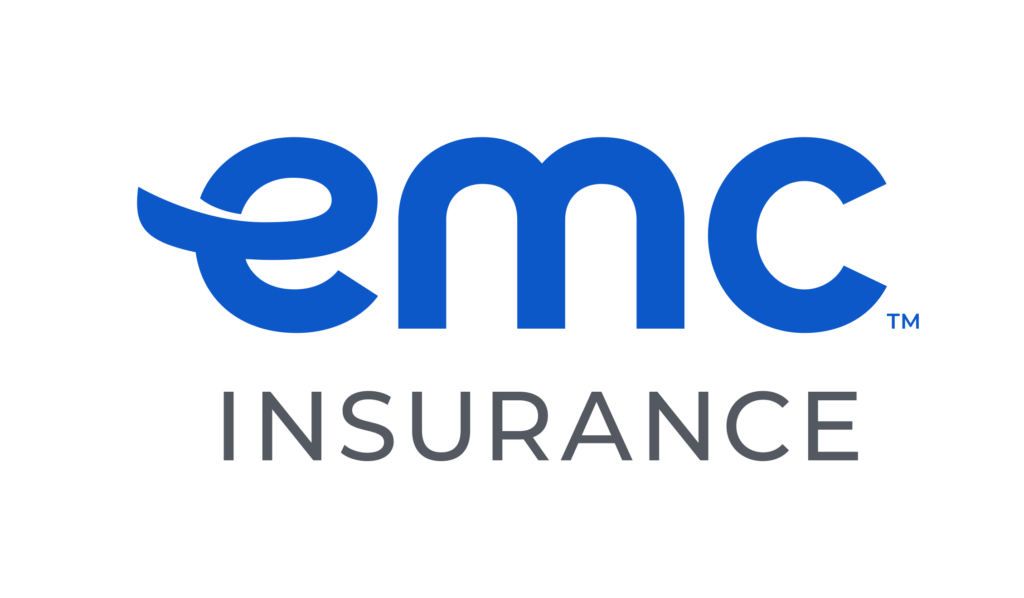Prepaid debit cards grow in response to exemption ‘carveout’ in law
Financial institutions seeking new sources of fee income may migrate toward offering more prepaid, reloadable debit cards to their customers.

Financial institutions seeking new sources of fee income may migrate toward offering more prepaid, reloadable debit cards to their customers. The cards are exempt from financial reform legislation enacted last year that imposes a cap on interchange fees the largest banks charge retailers to use traditional debit cards. What remains to be seen, say some experts, is whether Congress will sew up the loophole that’s making prepaid cards an attractive alternative for financial institutions.
A growing number of Iowa credit unions have instituted prepaid debit card programs, said Konrad Christensen, retail payments product manager for The Members Group (TMG), a Clive-based payment services organization serving credit unions and community banks.
“Affinity (Credit Union) was really the first to dive into it,” he said. “They noticed there were underbanked people who were getting turned away, who would otherwise have to pay exorbitant amounts to cash checks.” Affinity began offering prepaid cards in 2009.
The cards may also appeal to consumers who are disgruntled about disappearing debit card rewards programs and increasing checking account fees, as financial institutions seek to replace income lost because of the new fee cap, which goes into effect July 21.
Christensen said eight credit unions in several states have launched prepaid debit card programs through TMG since the beginning of the year, in addition to 20 others across the country that now offer some variation of a prepaid card program.
Nationally, prepaid debit card use increased by 35 percent last year, with more than 1 billion payment transactions completed, according to American Express Co., which earlier this month announced its plans to launch a low-cost prepaid card.
As part of the Dodd-Frank Wall Street Reform and Consumer Protection Act passed last year, the interchange, or “swipe,” fees that banks with more than $10 billion in assets may charge will be capped at 12 cents per transaction, effective July 21. Currently, card issuers charge fees that range from 1 to 3 percent of the transaction. Reloadable prepaid cards are exempt from fee caps, however.
Consequently, a number of the largest U.S. banks, including Wells Fargo & Co. and JPMorgan Chase & Co., have announced plans to scale back their rewards programs on debit card purchases.
“More and more people will probably move toward prepaid cards as a substitute,” said Dan Schulman, group president for enterprise growth at American Express, in a recent Bloomberg interview. “We think (prepaid card use) will grow even more quickly as a result of the recent (Dodd-Frank) legislation.”
Some in the prepaid card industry disagree with that prediction, however.
Brad Hanson, president of Meta Payment Systems in Sioux Falls, S.D., said prepaid card purchasers are a significantly different demographic from users of traditional debit cards that are linked to checking accounts. A division of Storm Lake-based Meta Financial Group Inc., Meta Payment Systems is ranked as the largest prepaid card issuer in the country based on amounts spent with the cards it issues.
“I would say we’re not seeing interest in (prepaid cards) by banks at this time,” Hanson said. “Some articles have said because prepaid cards were exempted (by Dodd-Frank) they represented an alternative. However, you’re talking about a much different consumer segment than for regular debit cards. And legislators are talking about fee caps on prepaid cards. So there may be some legislative risks, quite frankly, on prepaid debit cards that may be equal to or greater than on debit cards.”
Christensen said credit unions are earning income from the cards primarily through the transaction fees paid by retailers, along with the initial retail price of the cards. The credit union keeps 100 percent of the $3 initial purchase price charged for each card, he said. Then, as the cards are used for purchases, the credit unions share a percentage of each interchange fee paid by retailers with The Members Group.
“That’s why we want (cardholders) to reload the card and not hammer them with fees, because then they’ll use the card,” Christensen said.
To encourage users to quickly spend down the card balances, some credit unions charge a monthly maintenance fee if the balance loaded onto the card is not used at the end of each 30-day cycle. Many credit unions charge a $9.95 monthly maintenance fee, which they lower to $4.95 if the cardholder loads $500 or more onto the card, Christensen said.
Credit unions are also marketing the prepaid cards to employers such as restaurants as an alternate method for paying teenage workers.
“We’ve really found a benefit with retention,” Christensen said. “Rather than getting a check they have to cash, they get the power of plastic, just for working there.”










